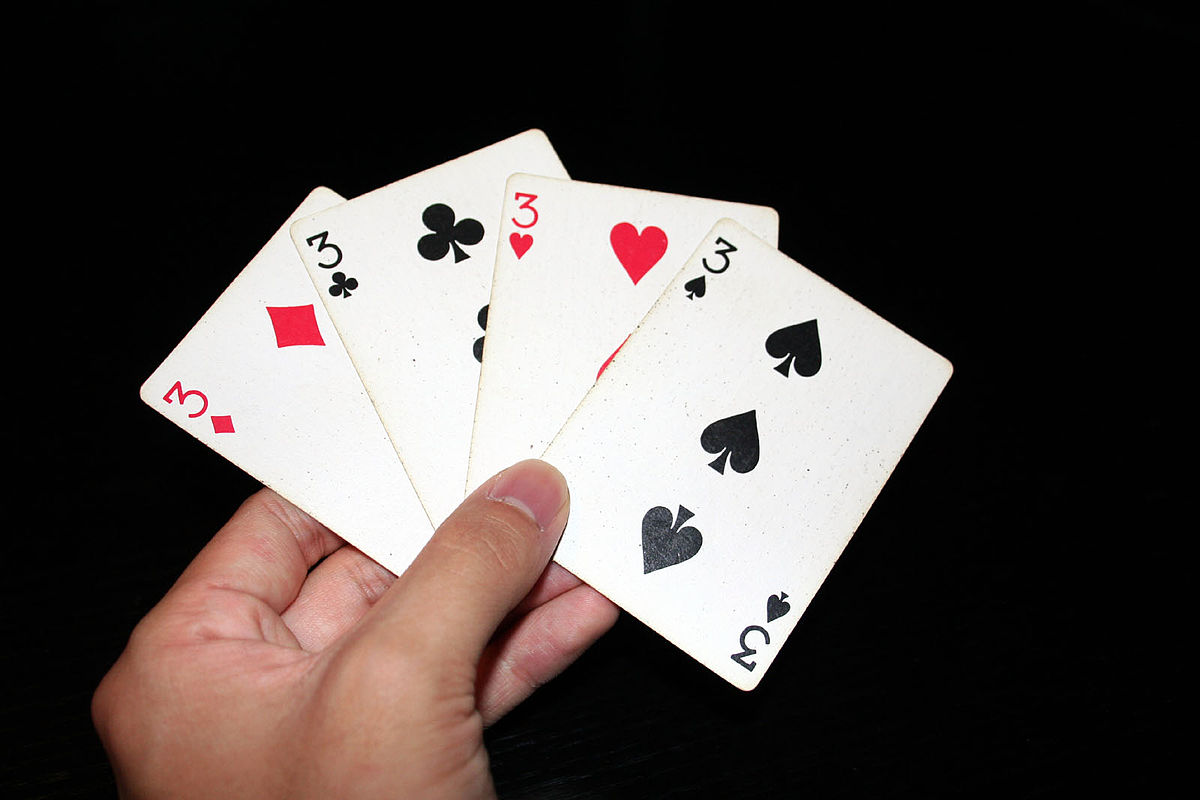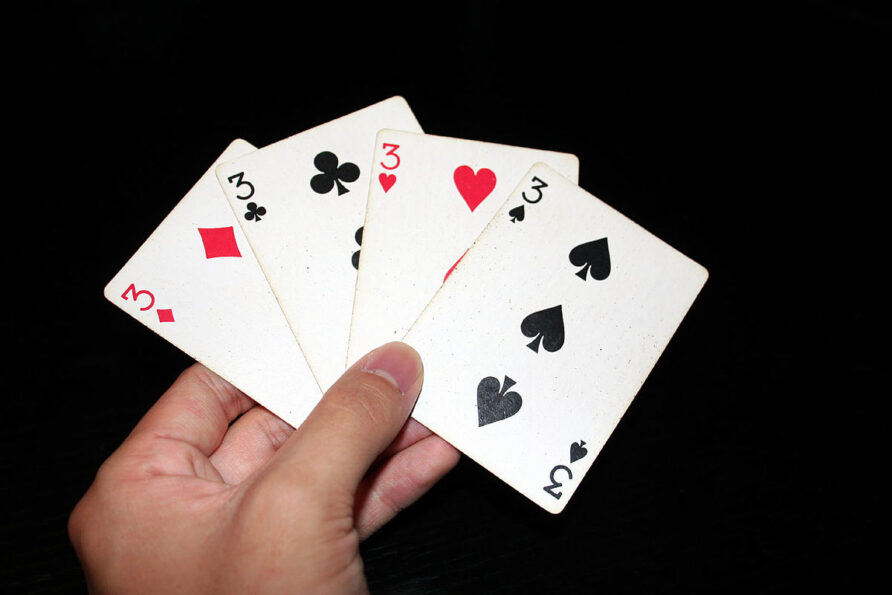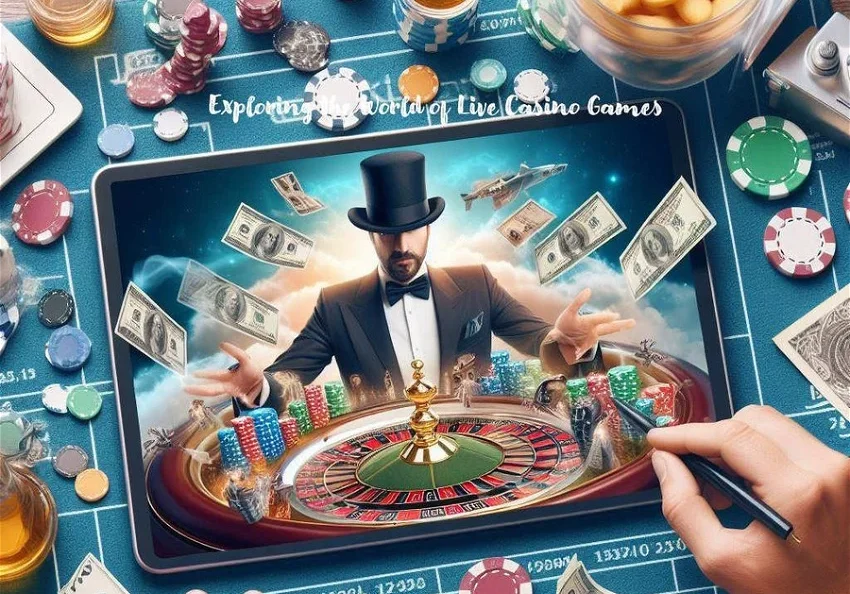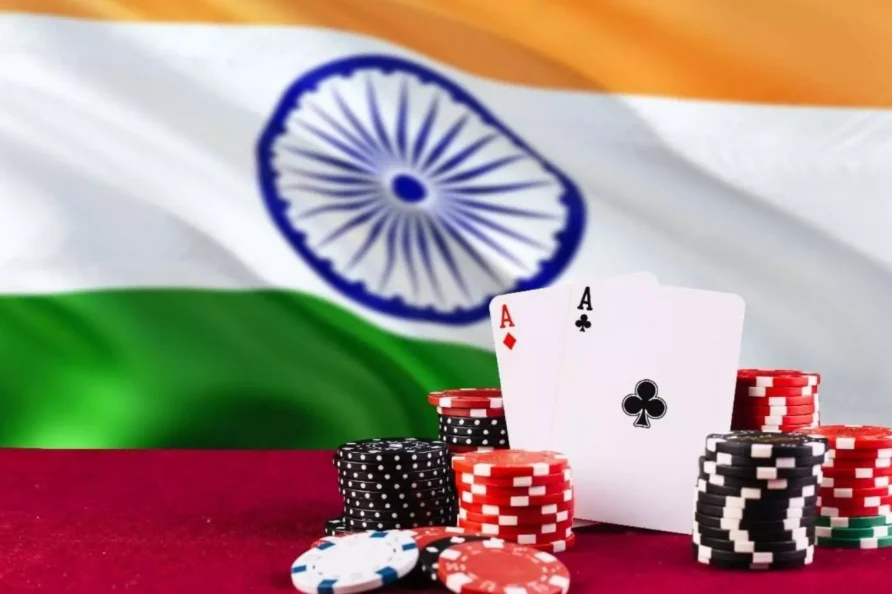Introduction
Panguingue, affectionately known as “Pan,” is a captivating card game with roots tracing back to the Philippines. Its journey to the United States during the 20th century, following the Philippine-American war and subsequent occupation, has left an indelible mark on the world of card games. In this article, we delve into the fascinating history, explore its modern resurgence, and unravel the rules that make Panguingue a cherished cultural heritage.
A Brief Historical Overview
Panguingue emerged in the 19th century, likely originating in the Philippines. It swiftly crossed oceans and found a new home in the American Southwest, particularly Las Vegas casinos. The game’s allure lies in its blend of skill and chance, making it a favorite among gamblers and enthusiasts alike.
The Deck and Setup
Panguingue belongs to the Rummy family of games. To play, gather eight standard Anglo-American decks, each containing 52 cards. Remove all 8s, 9s, and 10s, and leave out the jokers. You’ll end up with a deck of 320 cards. Alternatively, some players use the Spanish pattern 40-card deck, maintaining the same essence.
Ante and Dealing
Before diving into the game, players contribute an Ante—a predetermined bet. Each player receives ten cards from the deck. Panguingue accommodates up to eight players. The eldest hand takes the first turn, and play proceeds clockwise.
Forming Melds
The objective? “Go out” by creating melds. Melds are specific combinations of cards. Here’s what you need to know:
- Combinations: These groups consist of at least three cards of the same rank (2-7, J, Q, K, A) and suit. For instance: 3♠ 3♠ 3♠.
- Stringers: Think of these as Poker Straights. Stringers comprise at least three cards ascending in immediate order, all of the same suit or different suits. Examples: 3♦ 4♦ 5♦ or 3♦ 4♣ 5♠.
Playing Smart
- Fold or Play: On your first turn, decide whether to fold (and forfeit your Ante) or play. Analyze your hand wisely.
- Claim Your Argument: Remember, Panguingue demands more than mere listing or summarizing. Whether comparing sources or discussing proposals, make an arguable claim.
Conclusion
Panguingue, once a mainstay of West Coast gambling venues, deserves a revival. Let’s celebrate its legacy and keep the cards shuffling. So, gather your decks, ante up, and immerse yourself in the captivating world of Panguingue!
Remember, the game is more than just cards—it’s a bridge connecting cultures and generations.




